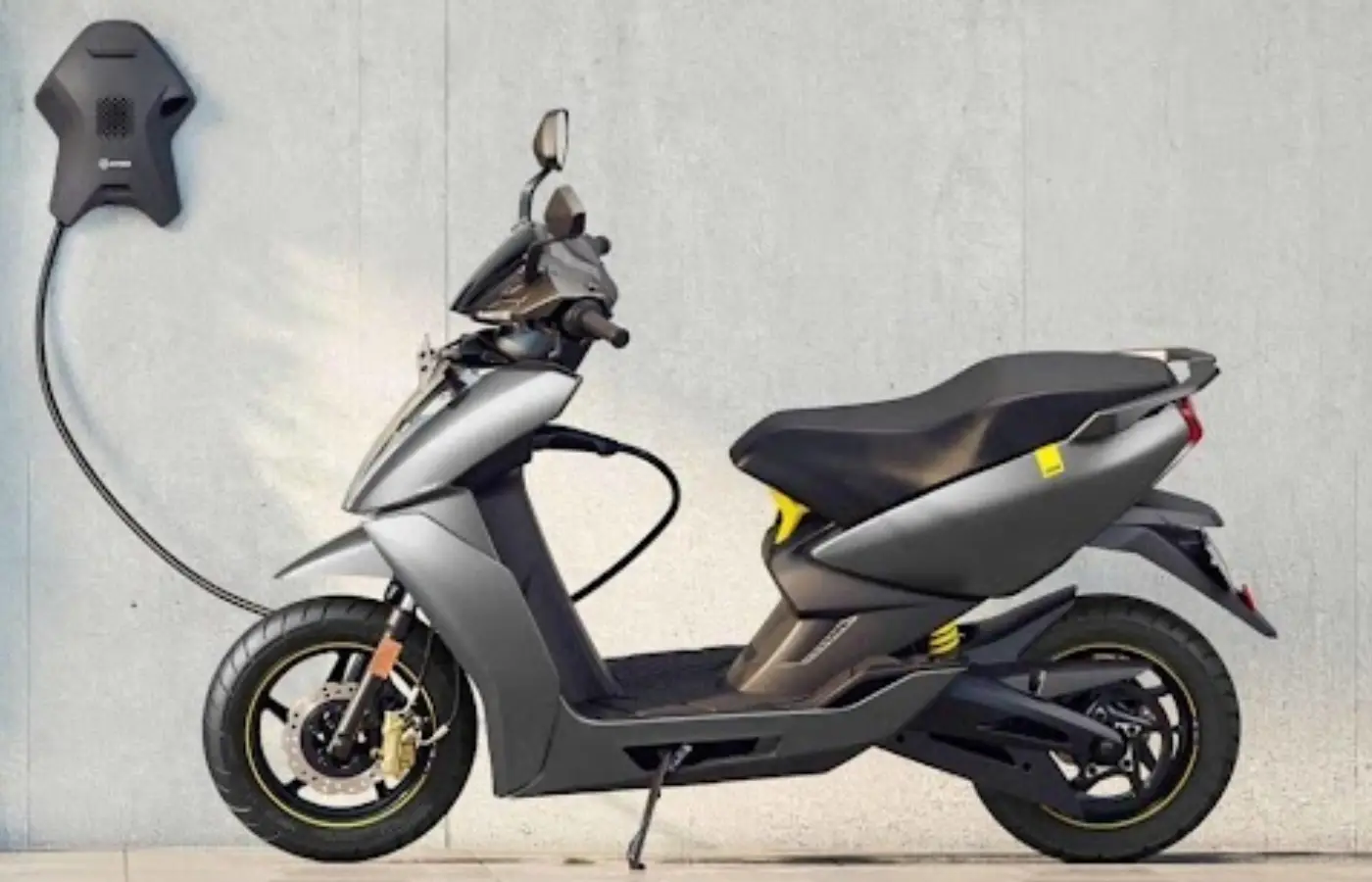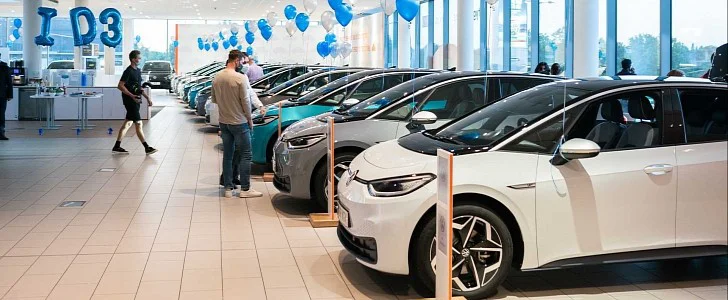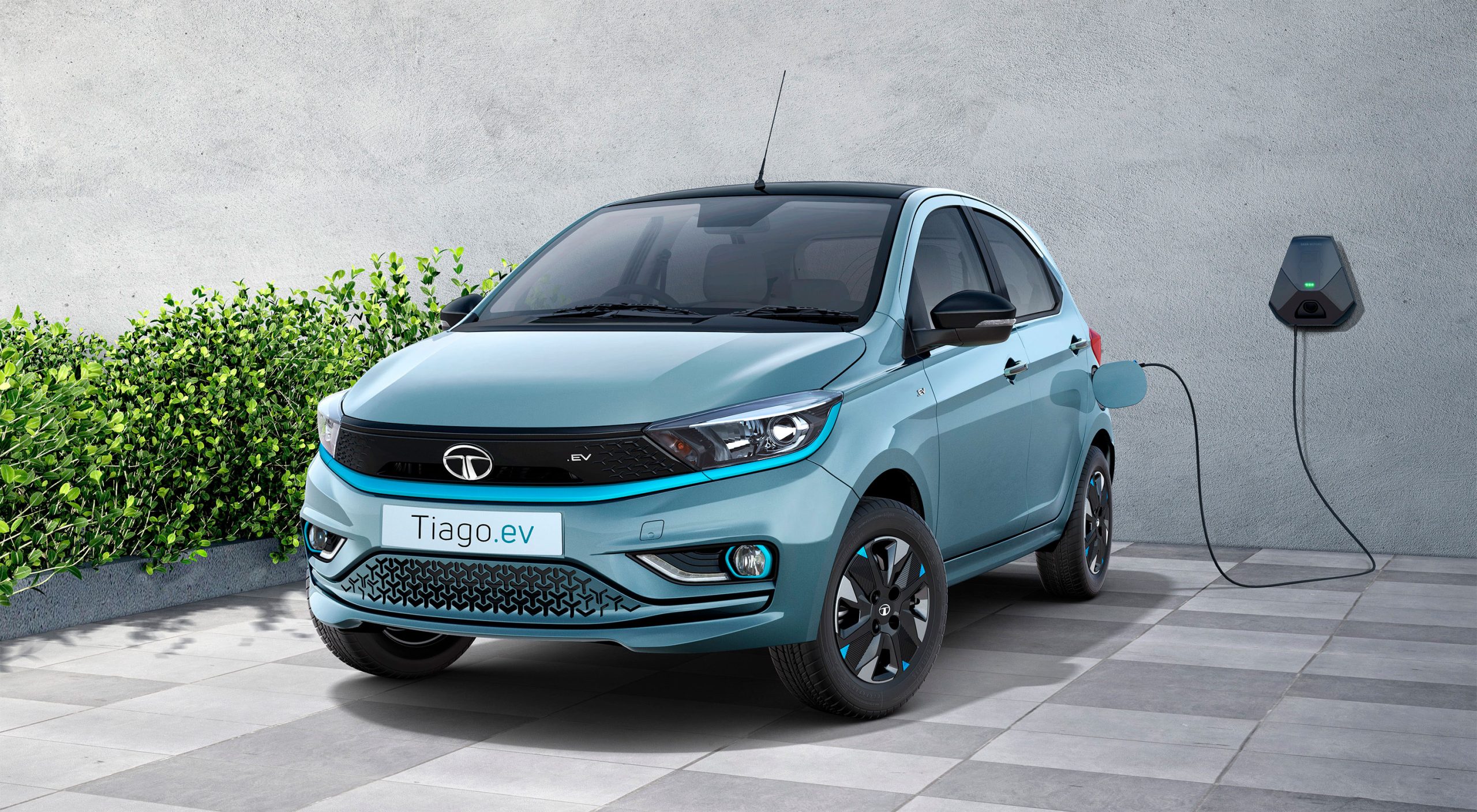Identifying the factors that influence purchase decisions for electric vehicle consumers in India.
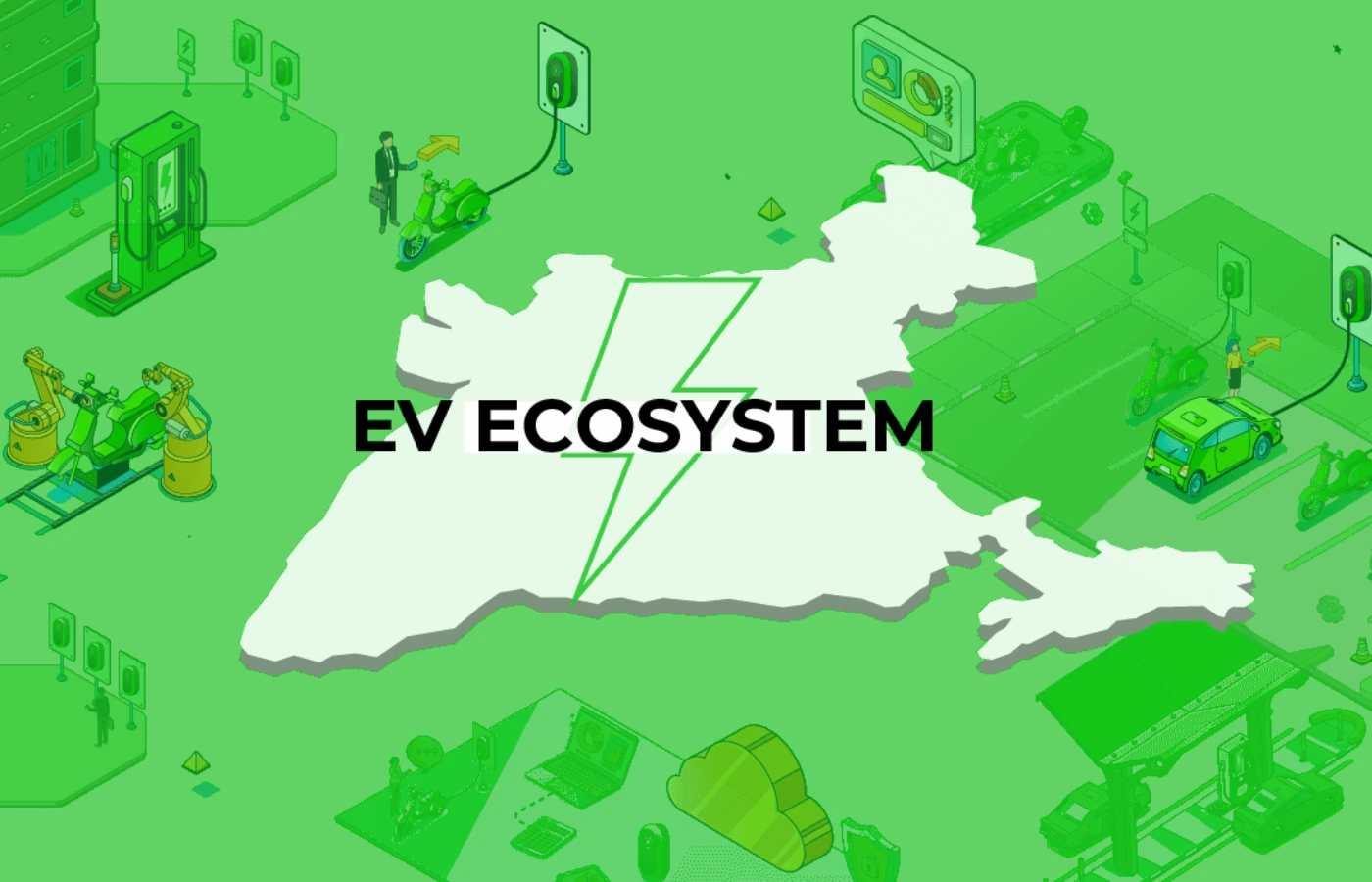
India is rapidly transitioning to eco-friendly transportation which is backed by encouraging government subsidies, growing manufacturing ecosystem, and rising consumer demand. The Indian government has set various targets and is aiming for 30% private car sales, 70% commercial vehicle sales, 40% of bus sales, and around 80% of two and three-wheeler sales across the country by the end of 2030.
This amounts to a total of nearly 80 million EVs on Indian soil by the end of this decade.
These targets are encouraging for the electric mobility to grow in the country, but also raises an important question, what actually encourages Indian consumers to choose EVs and go beyond the conventional mode of transportation, as purchase decisions are more or less dependent on policy or development of infrastructure. Let’s discuss these important factors.
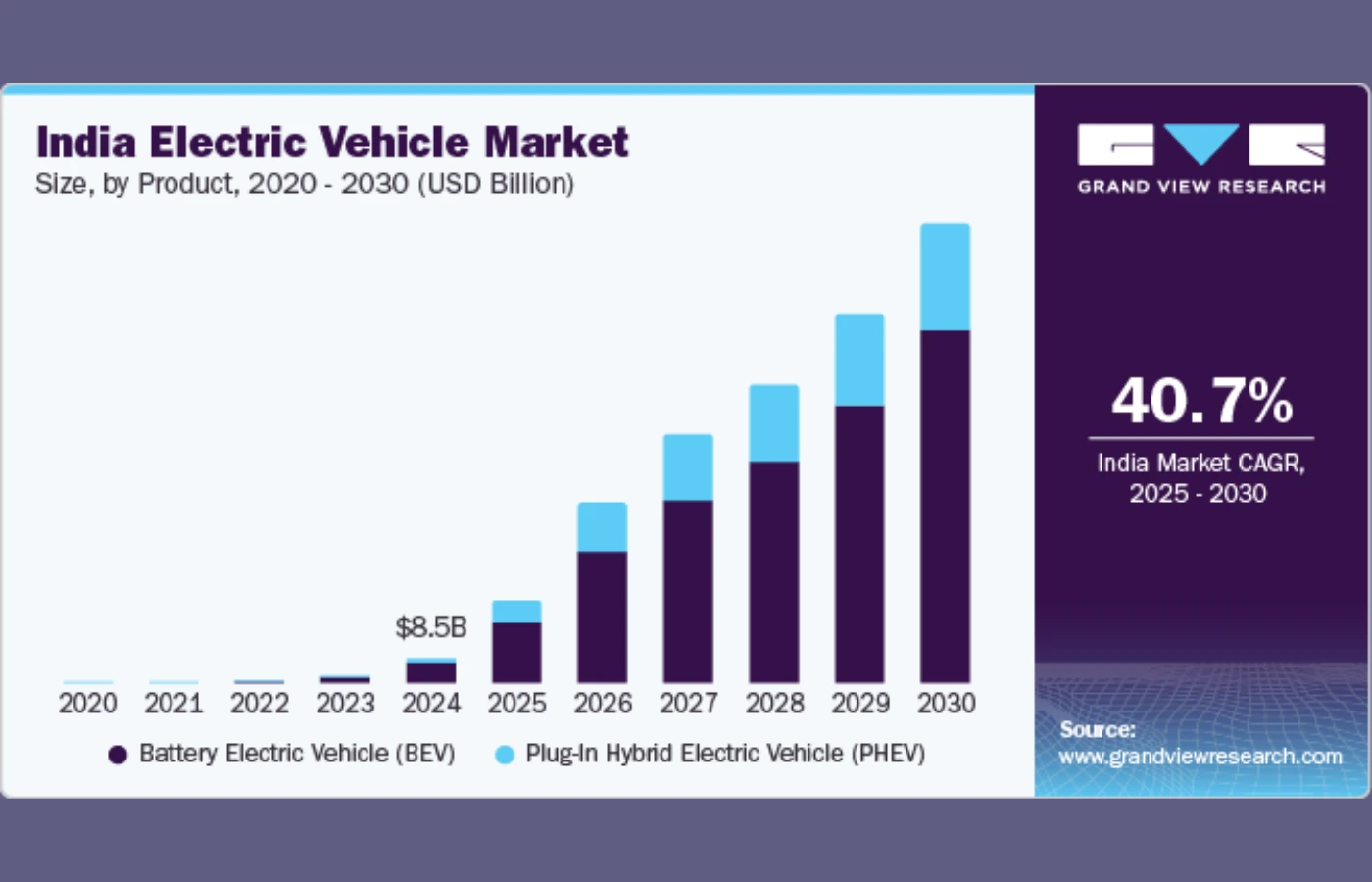
Economic Drive.
Cost savings are one of the most important factors that EV consumers consider while switching to EVs as rising fuel prices and lower running costs make EVs an attractive option for consumers. Currently, two-wheelers sales are increasing due to this factor amounting to 59% of EV sales in India, followed by 36% of sales registered by three-wheelers, while four-wheelers constitute the lowest at only 5%.
EVs are a practical solution especially for daily urban commuters and commercial fleet operators as they help in significant reduction of long term expenses. Going by the recent sales, January 2025 witnessed a 19.4% month-on-month growth and a 17.1% increase year-on-year, totalling to 1,69,931 units. These numbers clearly indicate that financial incentives accelerate EV adoption at a massive scale.
Infrastructure Assurance.
As cost-effective mobility generates demand, a developed charging infrastructure motivates a large section of people to trust the electric ecosystem and seal the purchase.
.webp)
For two and three-wheelers, home charging is convenient, but for private electric car buyers, there is a huge demand for fast charging networks across the cities and highways in order to encourage people for longer journeys on their EVs.
Despite countless government efforts and huge private investment, there are various problems and issues with the charging infrastructure in the country and it creates range anxiety among various EV owners. Urban users are more willing to embrace EV mobility than rural areas which are quite reluctant to change, and stick to ICE powertrains.
Thus a developed EV charging infrastructure will increase the accessibility to seamless charging process, which is one of the key barriers to EV adoption.
Environmental Consciousness.
Sustainability has also become one of the key factors for electric mobility as rising awareness towards climate change, increasing pollution and increasing health risks due to emissions are changing the preferences of middle class buyers, especially younger generations. For them, electric vehicles are not about affordability or convenience but more about buying for their values.
India’s Make in India which is constantly evolving the Indian electric industry by producing in-house electric vehicles just encourages the effective optimization of consumption.
The Fascination with Technology.
Consumers are always attracted with an array of advanced technological features which are constantly evolving with the new face of electric mobility. EVs offer smooth driving, advanced battery technology, and futuristic connected features that make EVs visually appealing and modern choices for consumers.
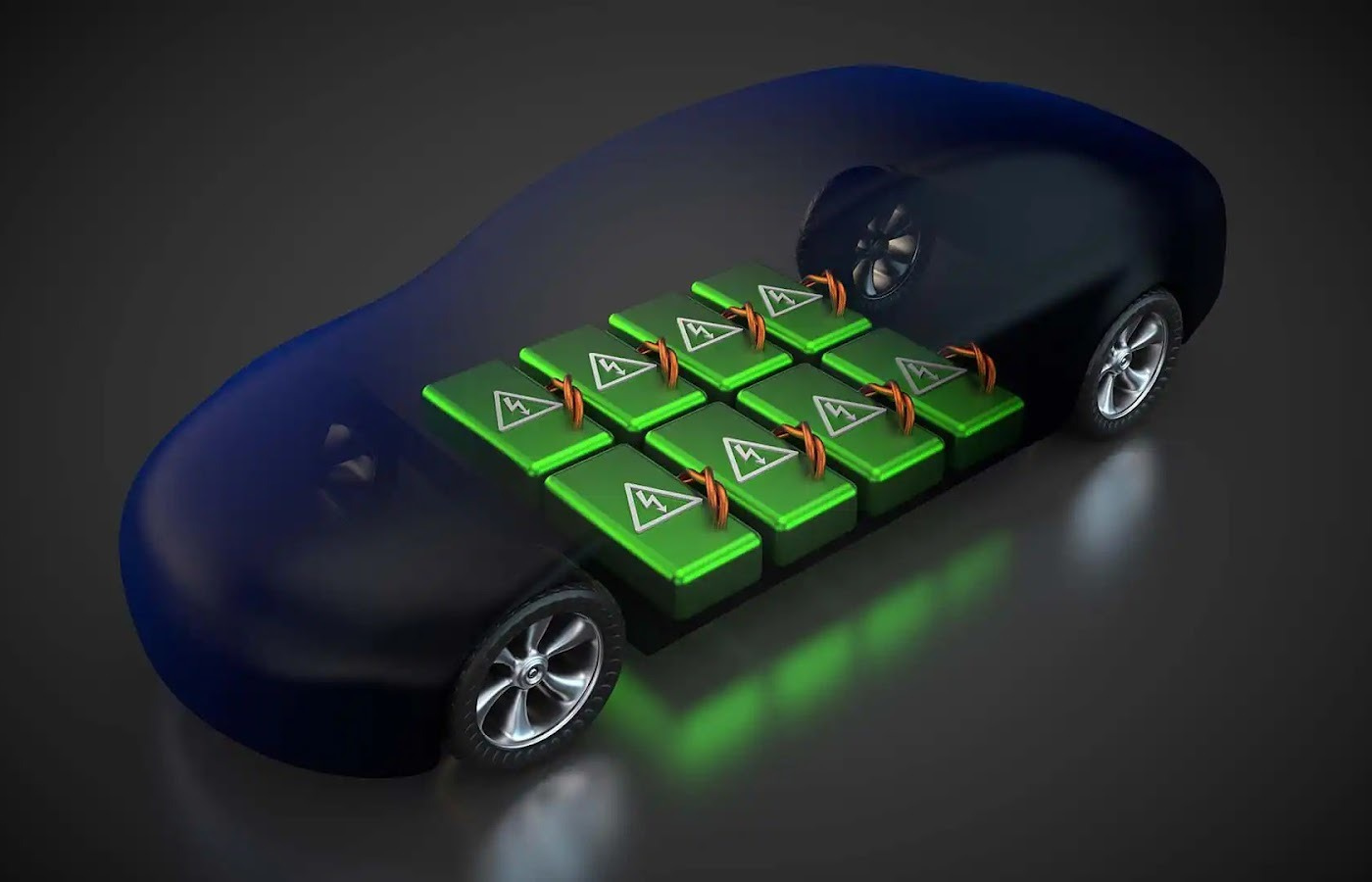
Indian manufacturers launch a significant number of new electric cars in 2025 with superior technological features on offer, especially in the premium segment which is solidifying the position of EVs as lifestyle products rather than a utility vehicle. This is majorly seen in metro cities where buyers are paying more just for innovation and technology, as they are viewing EVs as a status symbol.
The increase in the variety and diverse range of models ensures that the trend of EVs is on a constant rise and EVs are transforming to be an upgrade rather than a second option in a user’s garage.
Policy Assistance.
Government subsidies, benefits, and regulations are the core components responsible for the EV adoption as users are getting a variety of benefits for choosing EVs such as tax benefits, state-level incentives, and lower registration fees which helps to reduce the cost difference which was a major reason for users not switching to EVs.
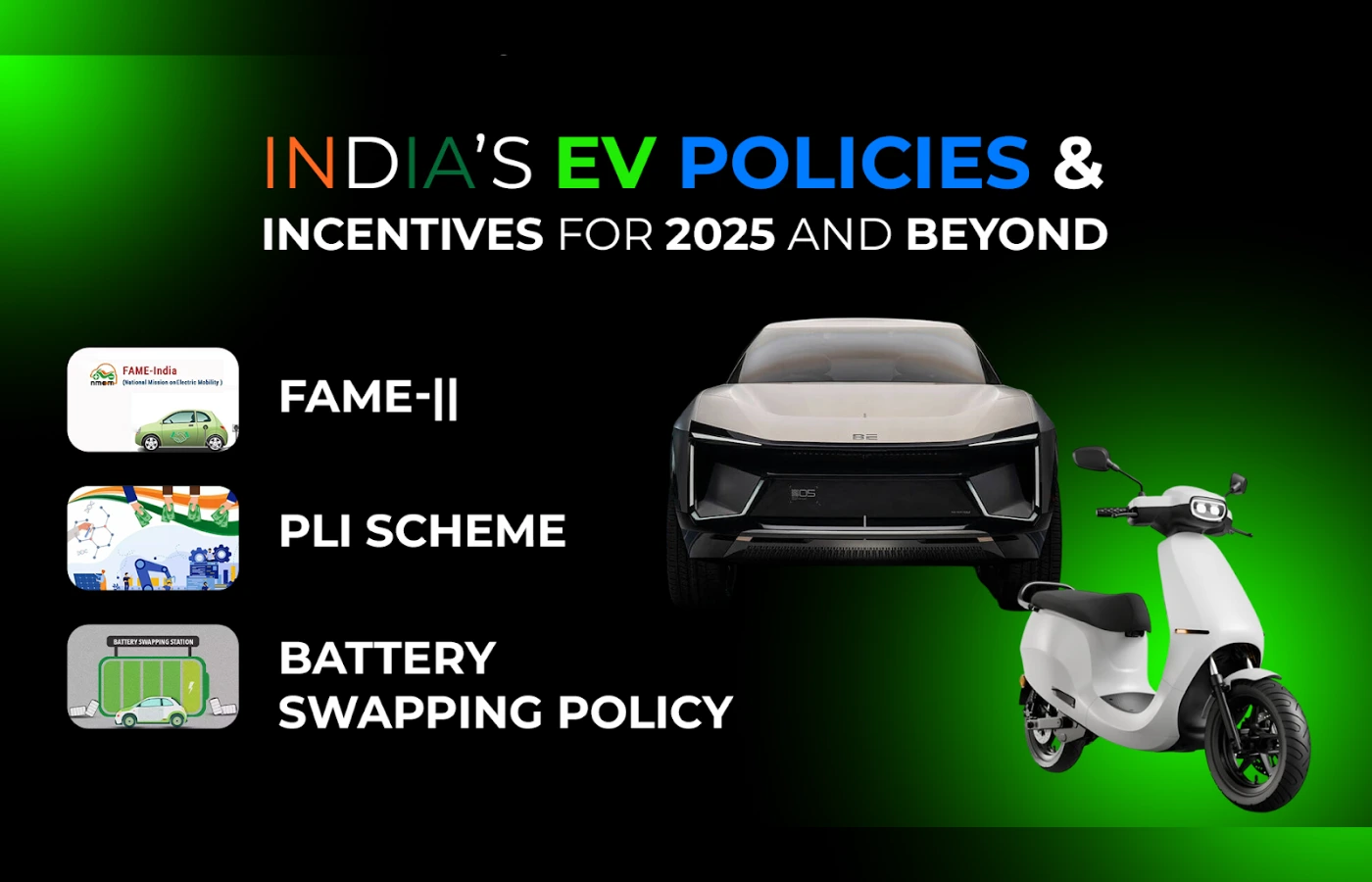
Thus forming a big vision of making India as a global leader in the area of EV manufacturing makes policy support crucial for encouraging consumers towards adopting EVs by setting industry standards. Policy support should be constant because uncertainties surrounding the subsidies or changing rules can discourage users to buy EVs.
The government should be committed to support EV adoption and thus do constant efforts to significantly reduce the EV prices and thus will play a major role in influencing the decision of a user towards EV, and this will cause a major shift in the mind of the user to adopt a technologically advanced electric car, rather than sticking to the traditional ICE cars.
